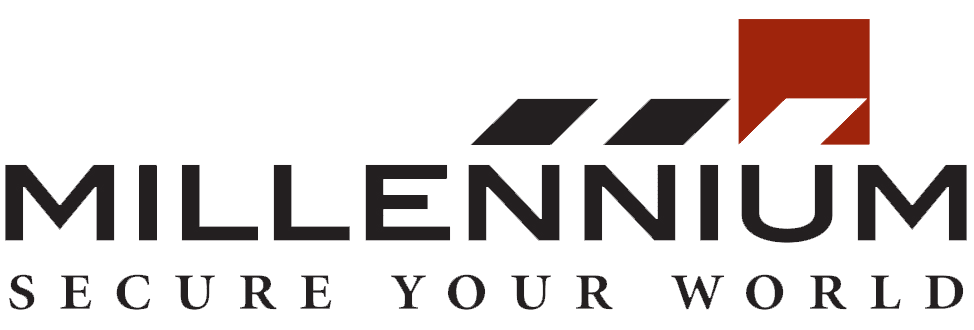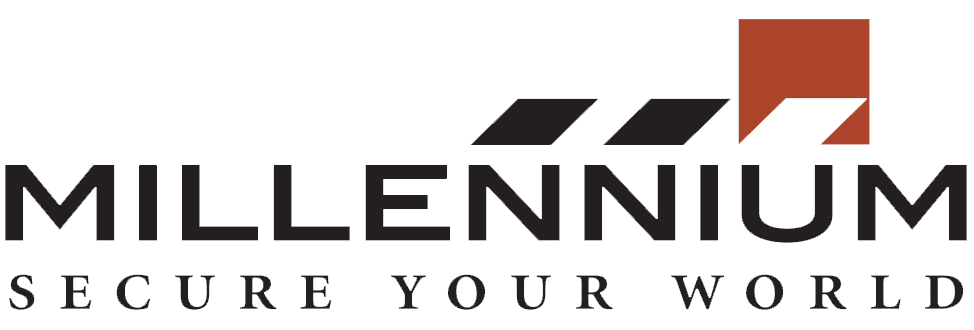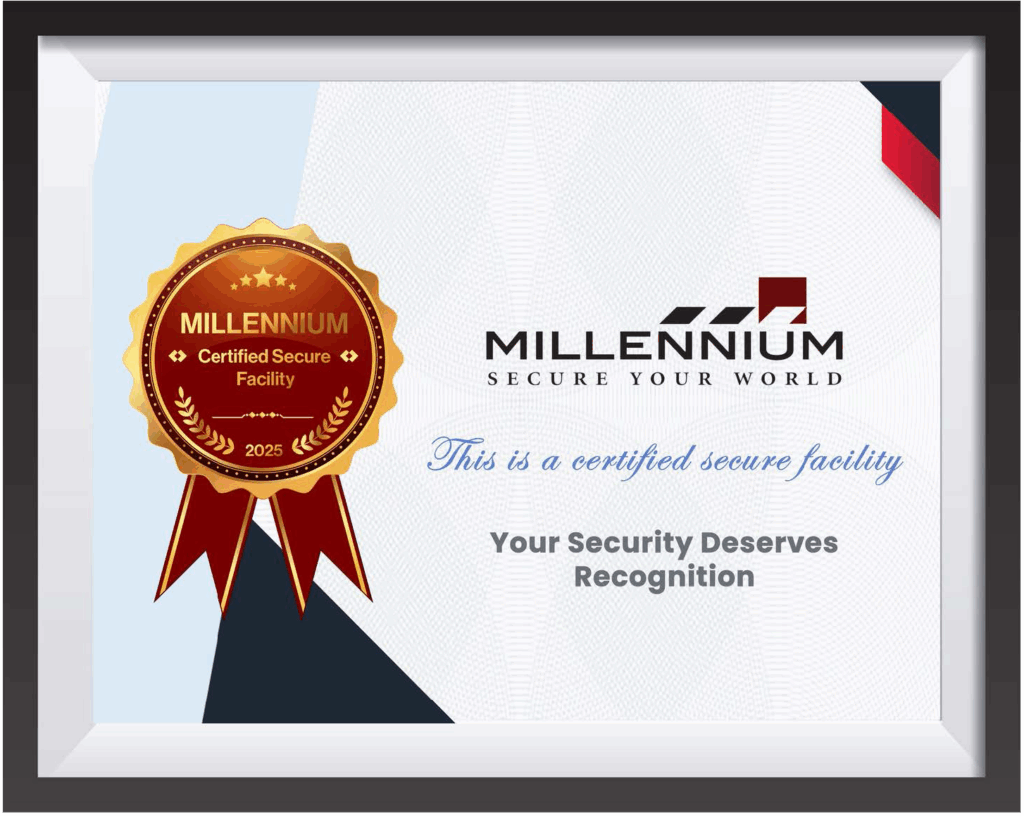Frequently Asked Questions

- How much does an access control system cost?
A typical access control system costs between $1,000 and $2,000 per door depending on door hardware and reader technology. A less expensive solution would include an Electric Door Strike and a proximity reader, while a more expensive solution would include a magnetic lock or electrified door handle and multi-technology readers, such as a Bluetooth and MIFARE combination reader you can open with your smartphone. All solutions will include door control hardware and a cloud-based or on-premise software suite to configure and operate your access control system.
- Are access control systems easy to use and manage?
Once an access control system is installed and configured, day-to-day operations and managing your system are very straightforward. With a combination of intuitive icons and menus, as well as graphic displays of each door’s status or a floorplan with each of your doors placed on it, the end user can see everything that’s going on in their system, make any changes or add new cardholders, or control when and how a door opens and to whom. And for today’s on the go world, most access control systems are fully accessible from a mobile device, and you can manage and use your system from just about anywhere.
- How much area does an access control system secure?
Depending on the system design, any sized area can be secured with an enterprise-class access control system. For example, MGI’s system can secure up to 100,000 doors which can be located throughout the world, or all located on one large location together. Using sophisticated sensors, like infrared beams or laser perimeters, you can secure thousands of acres together in one system. Choosing the right solution for each application is the key to securing any sized installation, from one door to tens of thousands.
- What is a breakdown of the costs of an access control system over five years?
Depending on the allocation model, capex (Capital Expenditure, i.e., buy everything up front) or opex (Operating Expenditure, i.e., buy over time while using), the costs for the controller hardware, software, door hardware, readers and credentials, installation labor, and ongoing service and maintenance average out over a five-year period (estimate):
Controller Hardware (25%)
Access Control Software (20%)
Installation Labor (30%)
Door Hardware (10%)
Readers & Credentials (10%)
Service & Maintenance (5%)
- What are the accessories required for an access control system?
Depending on design specifications, the main accessory required for an access control system are the credentials used to open a door or elevator floor. Credentials come in tangible form, such as cards, keyfobs, bracelets, or RFID transponders; biometric, such as finger/palm print or facial recognition; and intangible, such as electronic tokens for smartphones or smartwatches. Other accessories include, specialty readers, like keypad or long-range vehicle scanners, tele-entry systems, elevator control, integrated CCTV cameras, and many more.
- What are the benefits of cloud-based access control?
There are several:
Disaster Proofing: Software & Database safely in the cloud and not on local PC
Cost Saving: No local PC and Operating system to manage and keep updated
Connectivity: Software native to the cloud has API’s & SDK’s to integrate with other cloud-based solutions, thereby widening the connectivity of your access control system to related services
Labor Saving: Remote diagnosis prevents having to roll a truck to service you
Convenience: Use & Manage your system from any web-enabled mobile device
Factory Fresh: Updates, Bug Fixes, and Upgrades all happen automatically
Remote Tech Support: With your permission, tech support can access your system remotely and help diagnose and even fix many common issues.
- Can I access/manage an access control system from anywhere?
Yes. Today’s access control system can be accessed from any mobile device or standard PC with a browser (Some systems may require a VPN for access).
- What happens to the access control system if there is a power outage?
Depending on vendor, most quality access control systems, like MGI, will keep key database configuration and events stored on the door controller until power is restored. This allows the system to quickly come back online and be ready for use almost instantly. For prolonged power outages, only the Cardholder data needs to be downloaded, all other configuration files remain stored in non-volatile memory.
- What happens to the access control system if there is an internet outage?
Depending on vendor, most quality access control systems, like MGI, continue to run as normal, as long as there is power. The only functions that will not be available are modifications to the system or remote unlocking functionality. (Bluetooth Readers will continue to function normally as well.)
- How secure is cloud-based access control?
Cloud-based systems are protected by the same 256 AES encryption as the banking system uses. When used with other ancillary measures, such as two-factor authentication, cloud-based systems are just as secure as on-premise solutions; in fact, perhaps more so, as an on-premise installations have their software and hardware located right on site, so physical theft is an ever-present risk.
- How scalable is cloud-based access control?
As far as the internet will allow. The limit of scalability is limited by the software, so the software will determine how scalable a system can be, but theoretically, cloud-based solutions have the full range of the internet and connectivity throughout the globe, so cloud-based scalability can be unlimited.
- How many doors can cloud-based access control support?
As far as the software will allow. The limit of scalability is limited by the software, so the software will determine how scalable a system can be. For example, MGI’s Ultra Cloud-based software is scalable up to 100,000 doors and/or 64,000 floors.
- How to choose between on-premise or cloud-based security?
The primary decision point for this is the customer’s preference or requirement to have the software and database on-premise or not, and should be the first question asked when it comes to system design of the access control system. From there, the following questions will need to be answered:
1. Does the end user have an IT Department to manage the PC, operating system, network environment, internet access, user credentials and system access, etc.?
2. Does the end user have, or will they obtain a PC or Server to run the software that meets the minimum requirements of the software and operational storage of the data, including safeguards for the physical device?
3. Does the end user have a budget in place to maintain and replace the PC and its components over the course of the life of the access control system?
4. Does the end user have the proper disaster recovery protocols in place to protect their investment in the software, configuration files, and the confidential data of all of the cardholders and their activities?
5. Does the end user have a second path to the internet in a mission-critical installation?
- Which industries could benefit from an access control system?
All! From Preschools to Universities, from local police stations to military bases, from mom-and-pop businesses to global conglomerates, single-family homes to 100 story apartments and condos, access control will protect and control access to any property.





